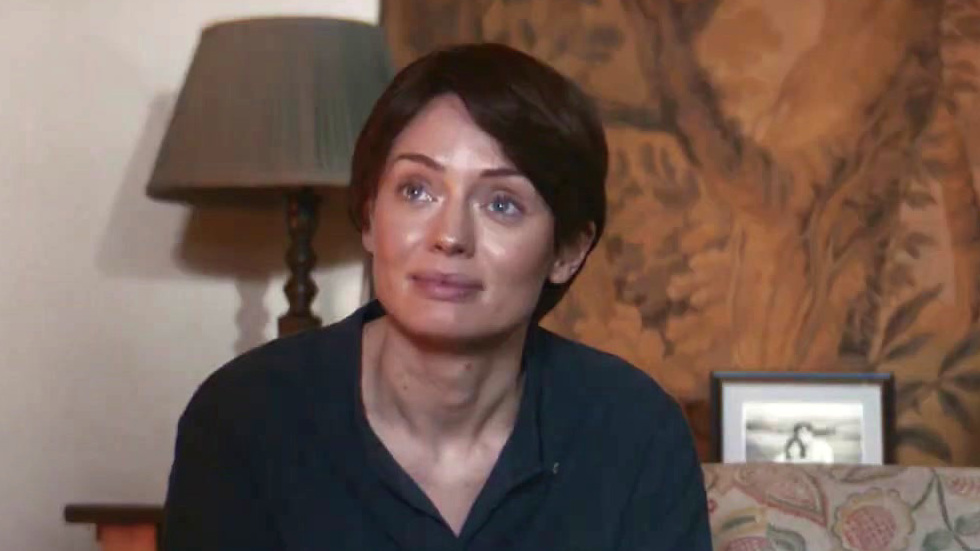
Adam Kalderon gives us a relatively short and creative film about a swimmer who wishes to be selected for the Olympics and is at a training camp in Israel with four other candidates. The film is an LGBT coming-of-age story.
At the beginning Erez (Omer Perelman Striks) is focused only on his life dream to get to the Games but in this sort of boot camp feelings are stirred by one of his team mates Nevo (Asaf Jonas).

The two hang out together and although we are never sure of Nevo’s orientation he allows Erez to shave his body and joins him in some other homoerotic acts. Kalderon also shows male nudes horsing about to accustom the viewer to this type of scene, all done with a lightness of touch.
The film is basically about Erez realizing his desires and struggling to balance these with the strict ‘no friends’ discipline of the camp. Coach Dima (Igal Reznik) is an interesting character, similar to Erez in trying to suppress feelings with discipline – an Israeli theme – and Paloma (Nadia Kucher) an ex-gymnast who runs the camp brings a sympathetic touch. Interestingly the assistant coach Aviv (Yael Kalman) has body issues and is to some extent bullied, a story that could have been developed.
Kalderon is operating on a low budget so uses good photography (Ofer Inov) and some technicolour effects which bring out a sort of Barbie-like gayness in the movie. Music by The Penelopes is very 90’s technodisco and adds to the mood.
What could have been a simple but clear film is raised somewhat by a hilarious and unexpected conclusion. Perelman Striks stands out in the lead role.
3 stars






































































